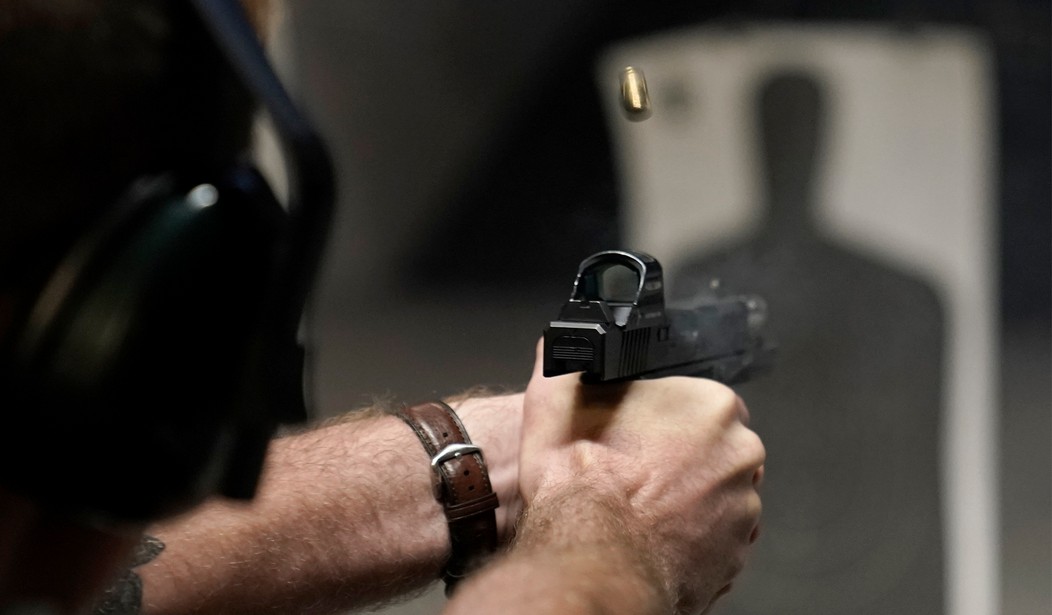It doesn’t get nearly as much attention as “assault weapons” bans or “gun-free” zones, but the gun control lobby’s push to overturn the firearms preemption laws in place in most states is a serious issue. These laws provide for a uniform standard of gun laws across the state, which is not only beneficial for gun owners in their daily routine (imagine having to learn every municipal ordinance in every town you might drive through living in a sprawling metroplex), but helpful in limiting the number of bad laws that have to be challenged in court. A firearms preemption law is no guarantee that there’ll be a good uniform standard, only that localities can’t impose their own ordinances governing the keeping and bearing of arms.
Florida’s preemption statute dates back to the 1980s, but it was given teeth in 2011 by adding a clause subjecting local officials who approve gun control measures that violate the state’s preemption law to serious fines. Previously there were no real consequences for localities passing ordinances of their own, even if they were rarely if ever enforced.
After the Parkland shooting in 2018, however, anti-gun mayors and council members joined up with gun control groups to challenge the Florida law in court, arguing that while the preemption law itself was permissible, officials should have immunity from personal liability for acting within the scope of their office. On Thursday, by a 5-1 margin, the Florida Supreme Court squarely rejected their claims.
But Justice Ricky Polston, in Thursday’s 25-page majority opinion, rejected the arguments, including that the law violated what is known as “governmental function immunity,” a legal doctrine that helps shield government bodies from liability.
“The imposition of these civil statutory actions for violations of the [1987] preemption statute does not violate governmental function immunity,” Polston wrote. “It is not a core municipal function to occupy an area that the Legislature has preempted, and local governments have no lawful discretion or authority to enact ordinances that violate state preemption.”
Polston was joined in the opinion by Chief Justice Carlos Muñiz and Justices Charles Canady, John Couriel and Jamie Grosshans. Justice Jorge Labarga dissented, while Justice Renatha Francis did not participate.
In his dissent, Labarga argued that the 2011 law violated the separation of powers because it would empower judges to determine whether violations by local elected officials were “knowing and willful.”
“[The] requirement of judicial involvement in determining whether the action of the public official was ‘knowing and willful’ amounts to nothing less than an impermissible judicial intrusion into the official’s legislative thought process, and it undermines the official’s ability to effectuate the constituents’ will,” Labarga wrote.
The majority upheld a decision by the 1st District Court of Appeal. The case involved three lawsuits that were consolidated in Leon County circuit court. The lawsuits were filed by cities and counties from various parts of the state, such as Tallahassee, Gainesville, Orlando, St. Petersburg, Fort Lauderdale and Miami Beach.








Join the conversation as a VIP Member